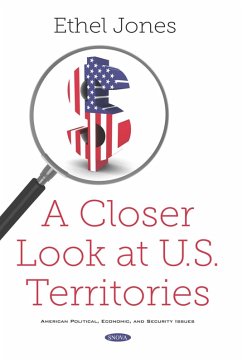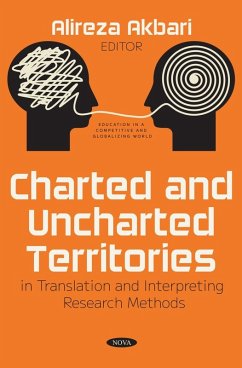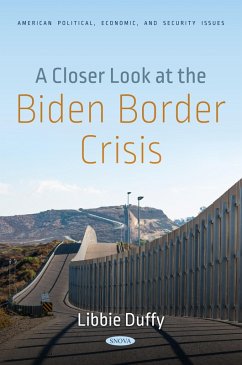There are 14 U.S. territories, or possessions, five of which are inhabited: Puerto Rico (PR), Guam, U.S. Virgin Islands (USVI), American Samoa (AS), and the Commonwealth of the Northern Mariana Islands (CNMI). These inhabited territories, like U.S. states in some cases, borrow through financial markets. For each U.S. territory, Chapter 1 updates trends in public debt, its composition, and drivers; trends in revenue and its composition, and overall financial condition; and what is known about the ability to repay public debt. Each of these inhabited territories has a local tax system with features that help determine each territory's local public finances. Chapter 2 summarizes U.S. tax policy related to the territories, including a general discussion of how federal taxes apply to territorial residents and how federal law affects the different territorial tax systems in similar or different ways. When the ICA was enacted in 1940, Congress determined that it would be problematically costly for the SEC to travel to and inspect investment companies located beyond the continental United States in U.S. territories, such as, Puerto Rico, Guam, and the U.S. Virgin Islands. As a result, mutual funds organized in those locales were exempted from the ICA and were not required to register with the SEC. As reported in Chapter 3, several legislative proposals would change this territorial exemption from the ICA. Participation in Medicaid is voluntary, though all states, the District of Columbia (DC), and the territories (i.e., American Samoa, Commonwealth of the Northern Mariana Islands [CNMI], Guam, Puerto Rico, and the U.S. Virgin Islands) choose to participate. The territories operate Medicaid programs under rules that differ from those applicable to the 50 states and DC. These rules are discussed in chapter 4. Chapter 5 describes the factors that contributed to Puerto Rico's financial condition and levels of debt and federal actions that could address these factors. Small businesses play an important role in the U.S. and Puerto Rican economies. According to the U.S. Census Bureau, over 99 percent (about 44,000) of the businesses in Puerto Rico are small. Chapter 6 examined trends in small business contracting and the use of SBA programs in Puerto Rico that provide contracting preferences to small businesses and stakeholder views on any challenges that small businesses in Puerto Rico face in obtaining federal contracting opportunities. The United States took control of the Northern Mariana Islands from Japan during the latter part of World War II. The Commonwealth of the Northern Mariana Islands' (CNMI) inflation-adjusted gross domestic product (GDP) has grown each year since 2012, according to the Bureau of Economic Analysis. Chapter 7 discusses recent trends in the CNMI economy and preliminary observations about the number of approved CW-1 permits and characteristics of permit holders, drawn from GAO's ongoing work. The 1976 covenant defining the political relationship between the CNMI and the United States exempted the CNMI-a U.S. territory north of Guam-from certain federal immigration laws. Chapter 8 discusses DHS's implementation of selected CNRA provisions regarding foreign workers, among others, in the CNMI and its discretionary parole authority under the INA as applied in the CNMI. GAO. In September 2017, two major hurricanes-Irma and Maria-struck the USVI, causing billions of dollars in damage to its infrastructure, housing, and economy. Chapter 9 describes the status of FEMA's Public Assistance program funding provided to the USVI in response to the 2017 hurricanes as of October 1, 2018, and the USVI's transition to implementing the Public Assistance alternative procedures in the territory. Chapter 10 provides an overview of economic and fiscal conditions in the U.S. Virgin Islands (USVI).
Dieser Download kann aus rechtlichen Gründen nur mit Rechnungsadresse in A, B, BG, CY, CZ, D, DK, EW, E, FIN, F, GR, HR, H, IRL, I, LT, L, LR, M, NL, PL, P, R, S, SLO, SK ausgeliefert werden.









